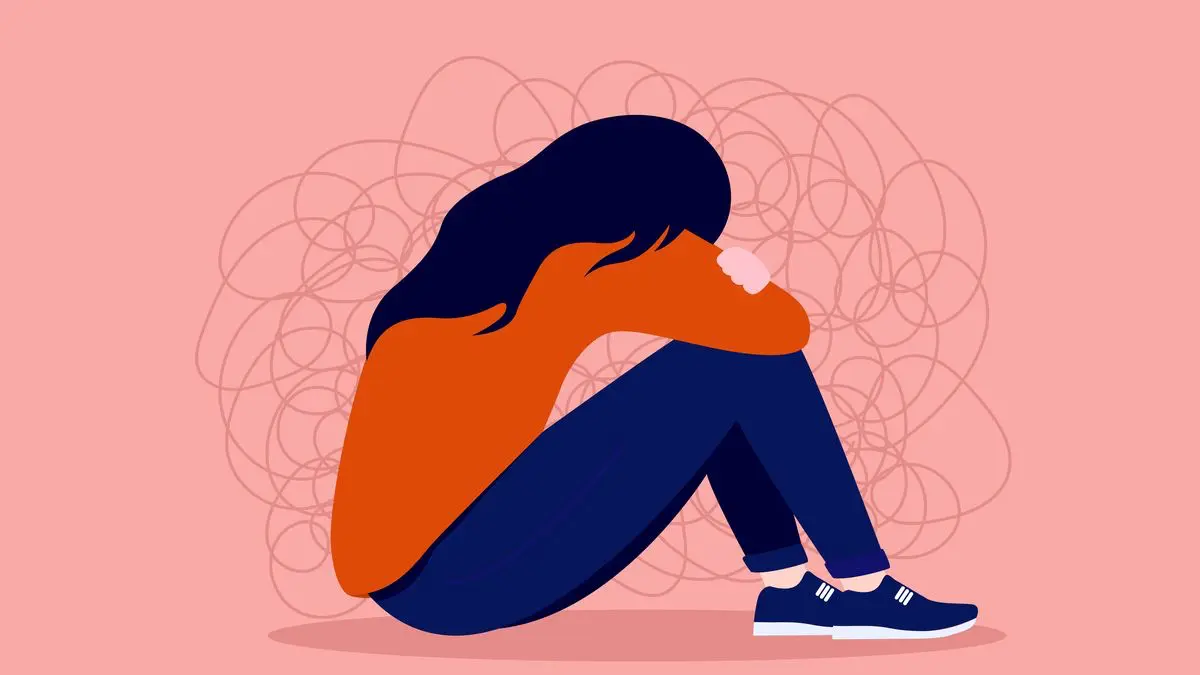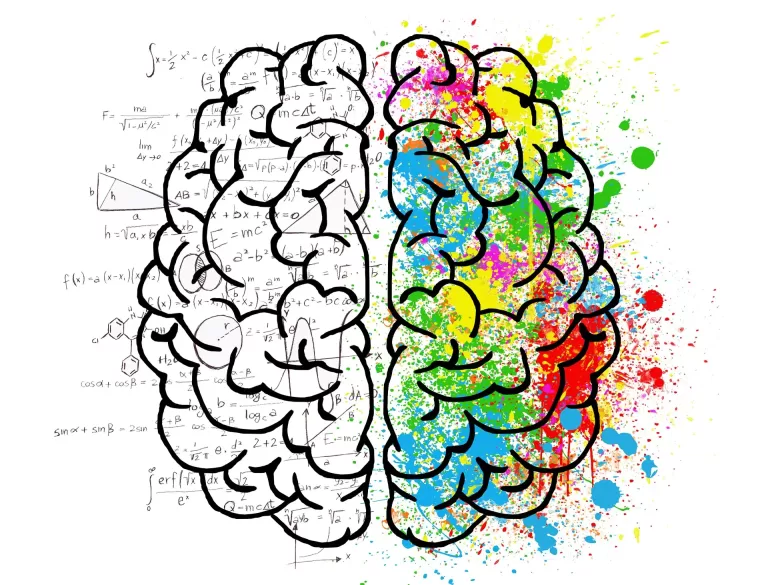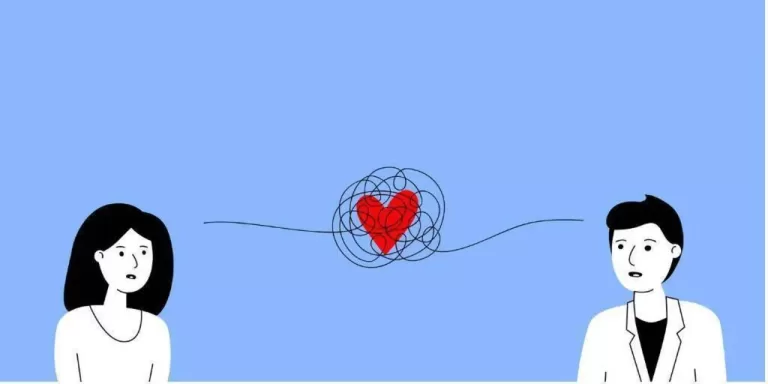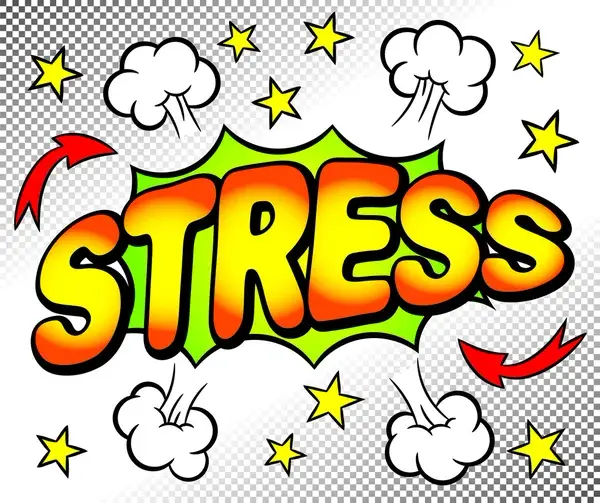
Recognising and Escaping Abusive Relationships
This page may contain affiliate links. If you choose to purchase after clicking a link, I may receive a commission at no extra cost to you.
Abusive relationships are not always easy to recognise or escape from. They can involve physical, emotional, sexual, financial or psychological harm by a partner, ex-partner or family member. Abusive relationships can affect anyone, regardless of gender, age, ethnicity, religion, socio-economic status, sexuality or background. However, having a long-term illness or disability, including mental health problems, can increase a person’s risk of experiencing domestic violence or abuse.
How to recognise abusive relationships
Some signs of abusive relationships are:
- Being cut off from family and friends and intentionally isolated
- Being bullied, threatened, or controlled
- Having your finances controlled, or not being given enough to buy food, medication or pay bills
- Not being allowed to leave your house, or stopped from going to college or work
- Having your internet or social media use monitored, or someone else reading your texts, emails or letters
- Being physically and/or sexually abused
- Being repeatedly belittled, put down or told you are worthless
- Being pressured into sex or sexual contact
- Being told that abuse is your fault, or that you’re overreacting.
These are not the only signs of abusive relationships. You may experience other forms of abuse that are not listed here. If you feel frightened of, or controlled by, a partner, an ex-partner or family member, it’s important to remember that it’s not your fault and there is no shame in seeking help.
How to escape abusive relationships
Escaping abusive relationships can be challenging and dangerous. You may need to plan ahead and take steps to protect yourself and your children if you have any.
Here are some tips on how to escape abusive relationships:
- Seek help from a domestic abuse helpline. They can offer you free, confidential advice 24 hours a day and help you find a safe place to stay if you need it.
- Talk to someone you trust, such as a friend, family member, doctor, teacher or social worker. They can support you emotionally and practically and help you access other services.
- Keep a record of the abuse. This can include photos of injuries, copies of threatening messages or emails, diary entries or police reports. This can help you if you decide to report the abuse or apply for a court order.
- Prepare an emergency bag with essential items such as money, keys, documents (such as passport, birth certificate, bank statements), medication and clothes. Hide it somewhere safe or leave it with someone you trust.
- Have a code word or signal that you can use with someone you trust to let them know if you are in danger and need help.
- Plan how and when you will leave. Choose a time when your abuser is not around or distracted. Avoid confrontation if possible. Have a safe place to go to and a way to get there.
- Call Emergency Services if you are in immediate danger and ask for the police. If you can’t speak and are calling on a mobile press 55 (UK) to have your call transferred to the police.
Escaping abusive relationships involves more than the escape plan. You may also need treatment and support after you leave the relationship to heal from the trauma and rebuild your life. You can access therapy, counselling, support groups and other services that can help you recover from the abuse and move on.
How to help someone in an abusive relationship
Helping someone who is in an abusive relationship can be challenging and rewarding. You can make a difference by offering them emotional and practical support and helping them access other services. Here are some ways you can help someone in an abusive relationship:
- Listen well and take them seriously. Give the person space to share their story and do not dismiss what they’re saying just because it may sound hard to believe. Do not judge them or blame them for the abuse. Acknowledge their feelings and validate their experiences.
- Let them know they are not alone and they deserve better. Remind them that abuse is never their fault and that they have the right to live a life free from fear and control. Help them recognise the signs of abuse and the impact it has on them and their children if they have any. Praise their strengths and resilience and encourage them to seek help.
- Respect their choices and autonomy. Do not pressure them to leave or stay in the relationship, but support them in whatever decision they make. Understand that leaving an abusive relationship can be difficult and dangerous, and that they may have many reasons for staying or returning. Help them explore their options and plan for their safety.
- Offer practical help. Depending on their needs and preferences, you can offer to help them with things like money, transport, childcare, housing, legal advice or medical care. You can also help them prepare an emergency bag with essential items in case they need to leave quickly. You can also help them contact a domestic abuse helpline or other services that can provide specialised support.
- Keep in touch and check on them regularly. Let them know that you are there for them and that they can reach out to you anytime. Keep the communication confidential and secure, and do not share any information without their consent. Have a code word or signal that they can use to let you know if they are in danger and need help.
- Take care of yourself. Supporting someone in an abusive relationship can be emotionally draining and stressful. You may feel angry, frustrated, helpless or guilty at times. It is important that you look after your own wellbeing and seek support for yourself if you need it. You do not have to do this alone. You can also reach out to other friends, family members or professionals who can help you support the person in an abusive relationship.
Sources:
How to Help Someone in an Abusive Relationship – Focus on the Family.
Getting help for domestic violence and abuse – NHS.
Supporting Someone in an Emotionally Abusive Relationship – Safe Horizon.
8 Ways to Support a Someone in an Abusive Relationship. AllGo.org.
Conclusion
Abusive relationships are not acceptable in any situation. They can cause physical and emotional harm to the victims and their children. Recognising the signs of abusive relationships can help you avoid or escape them. Seeking help from professionals and trusted people can also help you protect yourself and your children from further abuse. There is hope and support available for anyone who experiences domestic violence or abuse. You deserve to live a life free from fear and control.
Sources:
Recognising and responding to domestic violence and abuse – Guide
Emotionally Abusive Relationships Can Be Hard to Recognise – Healthline.
Domestic abuse: how to get help – GOV.UK.
Abusive Relationships: 6 Signs To Look For – WebMD.
Escaping Abusive Relationships: Therapists Keep This Quiet.








Leave a Comment